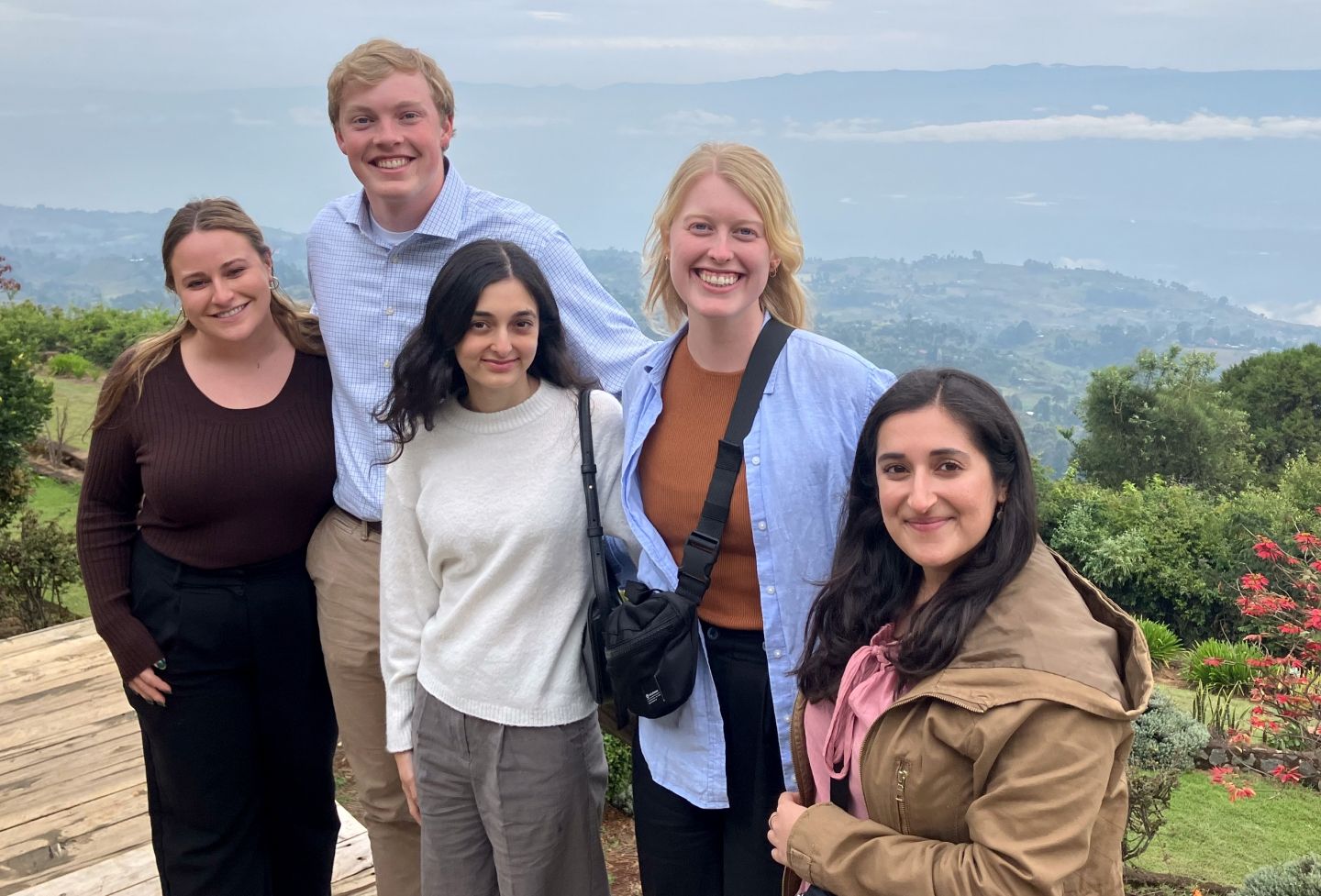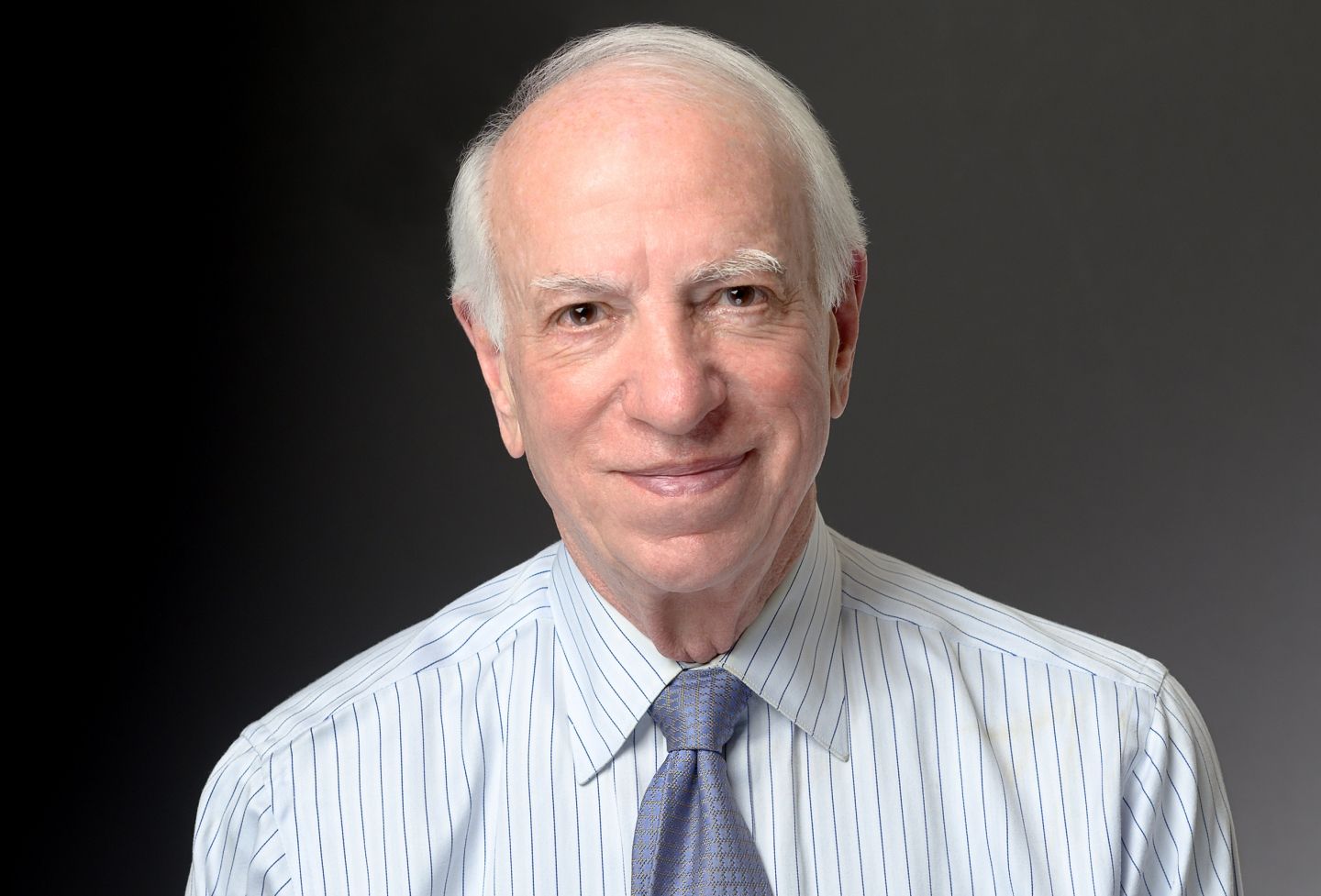Posted Nov. 10, 2015
Experts will explore how non-clinical forces are transforming the delivery of health care during a symposium Nov. 20 at the University of Virginia School of Law. (Schedule and RSVP)
The symposium, "Introducing Change in the Delivery of Care," will bring together professionals in law, medicine and business to examine how advances in patient care are increasingly being driven not by clinical breakthroughs, but by sources outside the health professional and clinical communities. The event is co-sponsored by the Law School's John W. Glynn, Jr. Law & Business Program and the student-run Health Law Association.
Longstanding concerns about cost, safety and efficiency in the existing system are forcing fundamental changes in health care delivery, with both government and industry taking active roles. That has left the entire delivery system in a state of major transition, said symposium organizers.
Presenters will explore examples of the new drivers of change, and a panel of experts will weigh in on the benefits and risks associated with this trend.
Dr. Robert Berenson, a research fellow with The Urban Institute and a faculty member with the George Washington University School of Public Health and the Fuqua School of Business at Duke University, will give the keynote address at 11:40 a.m. He will focus on issues surrounding value-based purchasing and care.
"It will be difficult for the U.S. to solve its health care problems without putting business people, lawyers and health care professionals in the same room at the same time sharing the same common vocabulary," said organizer Dr. Tom Massaro, who teaches courses related to health care at the Law School and at the Darden School of Business. He is a former dean of medicine at the University of Botswana.
The nation is trying to face "big-picture, strategic questions" as it looks at the future of health care delivery, Massaro said. He noted that U.S. Health and Human Services Secretary Sylvia Burwell has recently announced that over the next several years Medicare will be moving away from fee-for-service to value-based compensation, which will be designed to take cost, quality and safety into account. At the same time, the private sector — at both the provider and the insurer level — is moving rapidly to consolidate and integrate horizontally and vertically to achieve economies of scale and exploit advances in information technology and data analysis.
These transformational changes raise many fundamental questions for the industry and for the public that it serves, Massaro said, adding that it's important that the implications of such changes be examined and discussed in forums such as the symposium provides.
The John W. Glynn Jr. Law & Business Program integrates business and legal analysis into the Law School’s classrooms. Massaro and Richard Crawford, associate director of development for law and business with the University of Virginia Law School Foundation, have led the effort to organize the event.
REPORTED BY AMANDA ALDERMAN
Schedule: Friday, Nov. 20
Attendees should register to receive breakfast and lunch. All events are in the Purcell Reading Room.
7:45 a.m. Coffee and Continental Breakfast
8 a.m.
Welcome
George S. Geis, Vice Dean and William S. Potter Professor of Law, University of Virginia School of Law
8:10 a.m.
Introduction to the Symposium
Thomas A. Massaro, M.D., Ph.D., Professor of Pediatrics, Law and Public Health Sciences, Emeritus; Founding Dean, University of Botswana School of Medicine
8:20 a.m.
“The Independence at Home Medicare Demonstration: The Importance of a Principled and Multidisciplinary Approach to Health Policy"
James C. Pyles, J.D., Principal and Founding Partner, Powers Pyles Sutter & Verville P.C.
Peter Boling, M.D., School of Medicine, Virginia Commonwealth University
9:10 a.m. | Q&A
9:20 a.m.
“Coping with Service System Failures: The Case of Psychiatric Emergencies”
Richard Bonnie, LL.B. '69, Harrison Foundation Professor of Medicine and Law, Professor of Psychiatry and Neurobehavioral Sciences, Professor of Public Policy and Director, Institute of Law, Psychiatry and Public Policy, University of Virginia
10 a.m.
Comment: “The Challenges of Reforming Health Services from a Legislator’s Perspective”
Peter Brunstetter, J.D. '84, former Senator, North Carolina Senate, Chief Legal Officer, Novant Health
10:10 a.m. | Q&A
10:20 a.m. | Break
10:40 a.m.
“A Canary in the Health Care Coal Mine? One Region’s Experience with Competition, Choice, and Controversy”
W. Thomas McGough Jr., J.D. '78, Executive Vice President and Chief Legal Officer, University of Pittsburgh Medical Center
11:20 a.m.
Comment: "Is Western Pennsylvania a Model for the Future?"
Richard D. Crawford, MBA, J.D., Lecturer, University of Virginia School of Law; John W. Glynn, Jr. Law & Business Program
11:30 a.m. | Q&A
11:40 a.m.
Keynote: “From Volume to Value-Aspiration Meets Reality”
Robert Berenson, M.D., Research Fellow, The Urban Institute; Faculty Member, George Washington University School of Public Health and the Fuqua School of Business at Duke University
12:20 a.m. | Q&A
12:30 p.m. | Lunch
1 p.m.
Panel Discussion: Will these approaches achieve the desired results? Will they benefit clinical care for patients?
Moderated by Professor Margaret F. Riley, J.D., Professor of Law, Medicine and Public Policy, University of Virginia
- “Impact of Move to Value on Academic Hospitals,” Sally Nan Barber, J.D. '81, Director of State and Federal Relations, University of Virginia Health System
- “Compliance and Physician Practice Regulation in a Value Based System,” Dennis Barry, J.D. '75, retired Partner, King & Spalding
- “Moving toward Value in a Large Multi-site Provider,” Peter Brunstetter, J.D. '84, Chief Legal Officer, Novant Health; former North Carolina Senator
- “Impact of Move to Value on Subspecialty Surgery and Medical Education,” Megan Tracci, J.D., M.D., Associate Professor, Department of Surgery, University of Virginia
Founded in 1819, the University of Virginia School of Law is the second-oldest continuously operating law school in the nation. Consistently ranked among the top law schools, Virginia is a world-renowned training ground for distinguished lawyers and public servants, instilling in them a commitment to leadership, integrity and community service.


